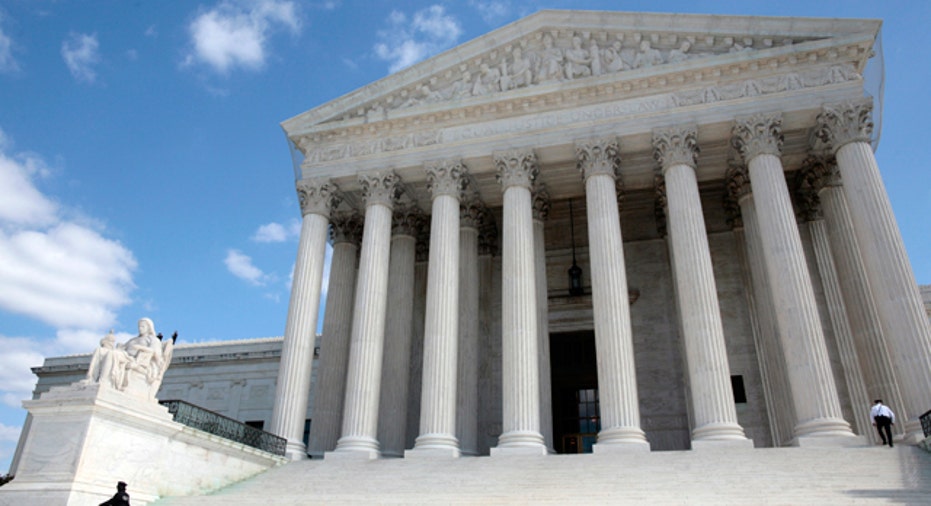Supreme Court sides with Missouri church: What does ruling mean for taxpayers?

The United States Supreme Court on Monday sided with a church that was denied public funding by the state due to its religious affiliation, a decision that will not alter how religious institutions overall are funded.
“The Court saw this as an easy case whereby the government improperly denied a public benefit because of religious status,” Ilya Shapiro, senior fellow in constitutional studies at the Cato Institute, told FOX Business. “This doesn't mean that taxpayer funds can now be used to fund religious instruction or any of [the] other parade of horribles that was raised by Trinity Lutheran's opponents.”
The high court ruled 7-2 that the church was illegally denied access to the state grant program and while critics of the ruling believe the Supreme Court is overriding the country’s longstanding tradition of separating church and state by making it easier for states to directly fund religious institutions, Shapiro said this case doesn’t go that far. It also doesn’t address the ability of businesses or taxpayers citing religious freedom to claim exemption from certain laws.
“The case doesn't touch the issues of taxpayer standing to challenge government grants or exemptions for businesses from generally applicable laws,” he said.
At the center of the debate was a church located in Missouri (Trinity Lutheran) that operates a preschool and daycare center with a playground open to students when school is in session, and open to the public when school is out. The state of Missouri offers a grant program to nonprofits and government entities that Trinity Lutheran applied to for help with the cost of resurfacing the blacktop on the playground. While the church was otherwise completely qualified for the program, its application was denied because of the school’s religious affiliation. The church successfully argued this was an infringement upon its First Amendment rights.
The two major dissents came from Justices Sotomayor and Ginsburg. In her dissent, which she read from the bench, Justice Sotomayor wrote: “The Court today profoundly changes that relationship by holding, for the first time, that the Constitution requires the government to provide public funds directly to a church. Its decision slights both our precedents and our history, and its reasoning weakens this country’s longstanding commitment to a separation of church and state beneficial to both.”
This was the first major case President Donald Trump’s appointment to the Supreme Court, Justice Neil Gorsuch, participated in after joining the Supreme Court in April. There is speculation Trump could soon have another open spot to fill as rumors swirl about how much longer Justice Kennedy, who turns 81 years old next month, will continue to serve.



















